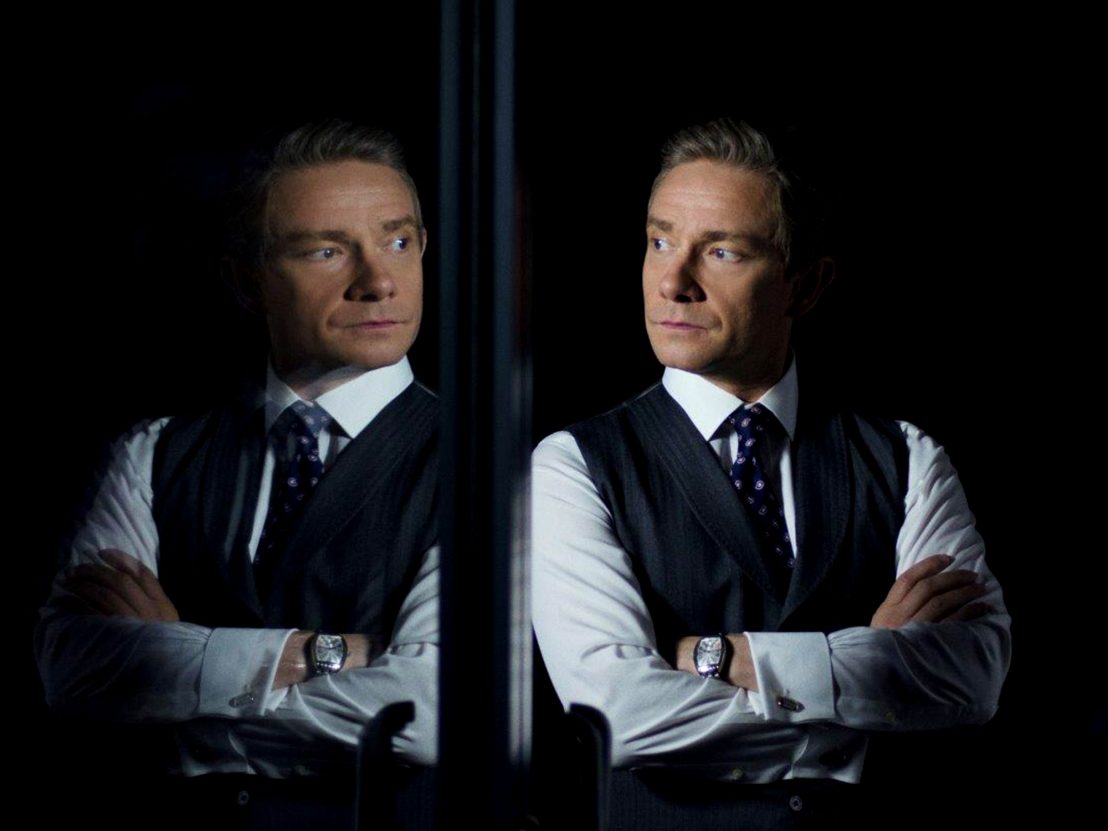
Some of the year’s best and most challenging genre titles were served up over a truly chilling weekend.
If sex sells, then so does genre – and festival organisers have got wise to the idea that seasoning even the most prestigious or outré of globalised arthouse programmes with some science fiction, fantasy or horror can be a good way of finding new audience niches to fill. It is also a way for festivals to cast respectful light on what is otherwise often disregarded, despised or confined to the Overlook Hotel, which is precisely a festival’s remit.
That careful balance which festivals ideally find between obscurity and popular appeal maps perfectly onto genre cinema, which has a committed and expanding fanbase but is still all too easily dismissed and marginalised by the mainstream for being at best nerdy, at worst immoral and corrupting. Put simply, genre cinema occupies precisely the sort of edge that festivals ought to be, and increasingly are, exploring.
This is certainly true of the Glasgow Film Festival, devoted as it is both to crowd-pleasing premieres and undiscovered oddities. This year highlights included Marc Meyer’s pre-true-crime coming-of-ager My Friend Dahmer, Coralie Fargeat’s reconfiguration of rape-revenge as cinéma du look Revenge (which sadly had to be cancelled due to adverse weather conditions), Jenna Cato Bass’ body-swapping High Fantasy and Takahide Hori’s animated apocalypse Junk Head, all distributed across the festival’s ‘Pioneer’ and ‘Future Cult’ strands.
Yet every year since 2006, the GFF has also offered a festival within the festival, handing over the Glasgow Film Theatre’s mighty Screen 1 to the people behind FrightFest for two-and-a-half days of solid genre cinema.
FrightFest is normally a London thing – born out of the Scala Cinema’s Shock Around the Clock minifests, it first launched in Leicester Square’s Prince Charles Cinema in August 2000, has been growing ever since, adding annual Halloween horror-thons and one-off specials to its calendar. FrightFest’s Glaswegian cousin, however, with its smaller scale and single programme, unifies all those who attend with a common purpose: to watch wall-to-wall horror in like-minded company.
Given the genre’s preoccupation with the resurgence of the past and the return of the repressed, the Glasgow FrightFest drips with nostalgia, letting genre fans feel as though they’re coming home to what the ever-changing festival used to be. Diehard fans flock to it, while locals tend to pop in and out.
This year’s opening film, Ghost Stories, adapted by Andy Nyman and Jerry Dyson from their own stage play, is a compendium of (apparently unrelated) tales of hauntings. Although its frame story – featuring Nyman’s arch-sceptic paranormal debunker Professor Philip Goodman – finds unexpected ways to unify them. It is a genuinely unnerving, at times terrifying piece, and the way in which it ultimately secularises and psychologises the supernatural would serve as an apt introduction to the festival.
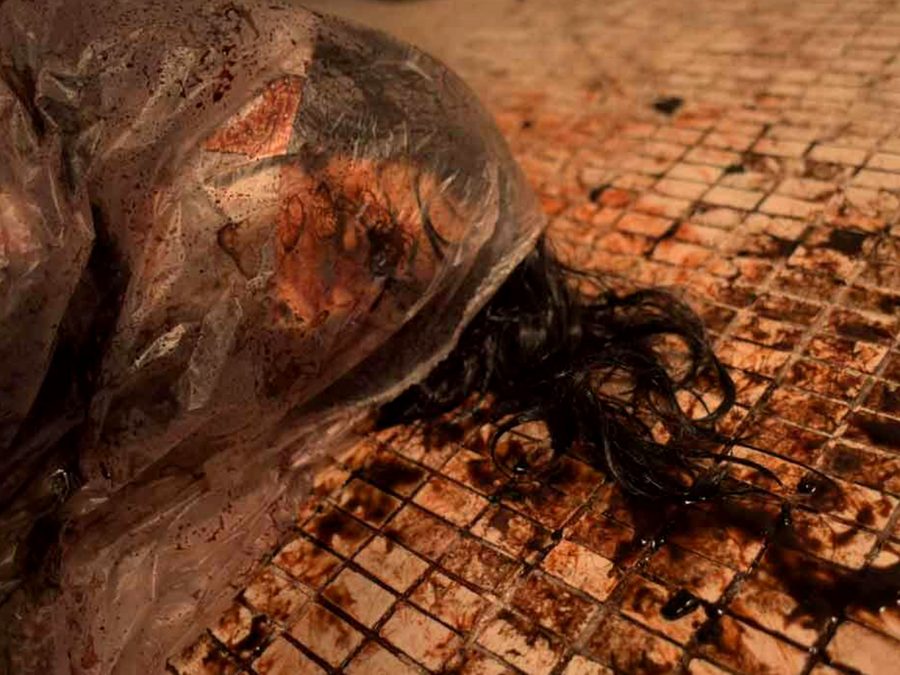
For while ghosts, cryptids and other mythic creatures abounded during this year’s festival – whether the missing-link mermonsters of Xavier Gens’ excellent Cold Skin, or the diabolical beings of Dragos Buliga’s The Wanderers: The Quest of the Demon Hunter and Paul Urkijo Alijo’s Basque folktale Errementari: The Blacksmith and the Devil, or the mask-wearing sasquatch in Patrick Magee’s Primal Rage – there were just as many monsters of the mind, and of the human variety.
In fact, the weekend divided more or less evenly, with Friday devoted to creature features (or in the case of Kelly Greene’s metacinematic Attack of the Bat Monsters, to the made-up making of one), and with Saturday broadly mining horror of a more internalised, psychological vein.
So it is that Neil Mackay’s festival closer Sixty Minutes to Midnight shows a middle-aged gun-nut veteran under siege in his own home, whether from mercenaries hired by a killer game show, or by the PTSD paranoia of his own mind. In Adam Marcus’ darkly funny, hyperviolent Secret Santa and Gabriela Amaral Almeida’s extraordinary restaurant-bound drama of carnality Friendly Beast, toxic circumstance brings to the surface the hidden psychopathic animosities and desires of entirely human characters.
In Issa López’s outstanding magical-realist allegory Tigers Are Not Afraid, supernatural and fairytale elements coexist with harsh actualities to tell the story of Mexico’s orphaned children haunted by the terrors of the cartels’ endless, high-casualty Drug War. Indeed, the distinction between human and monster need not be clearcut, as is proved by another of my favourite films, Adam MacDonald’s Pyewacket, which plays on the viewer’s uncertainty as to whether its teen emo heroine has raised an actual devil, or conjured demons more figurative and personal, to intervene in her troubled relationship with her mother.
Many of these FrightFest titles will, as is the way with the majority of low- to mid-budget genre films, be destined for subsequent direct-to-video/streaming release, far from any theatre. Yet seeing them recontextualised within the dark, icy heart of a non-specialist event like the Glasgow Film Festival just shows how good a fit they are, or can be, in the heightened, privileged space of a festival setting – and on the big screen where they belong.
For more info on FrightFest visit frightfest.co.uk
Published 9 Mar 2018
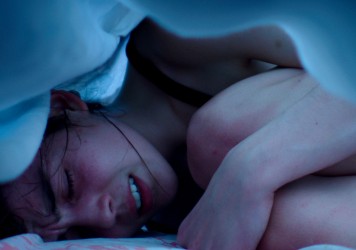
The likes of Raw, The Transfiguration and others speak directly to self-aware, socially-conscious teens.
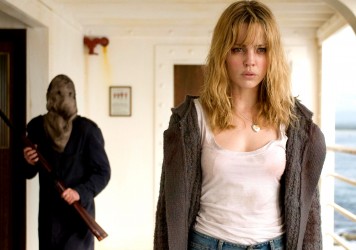
By Anton Bitel
Are these the creepiest cuts from the dark heart of modern horror cinema?
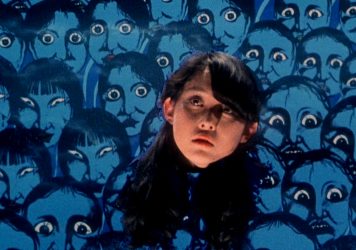
By Taryn McCabe
Forty years ago, directed Nobuhiko Obayashi created a totally unique art-house treasure.